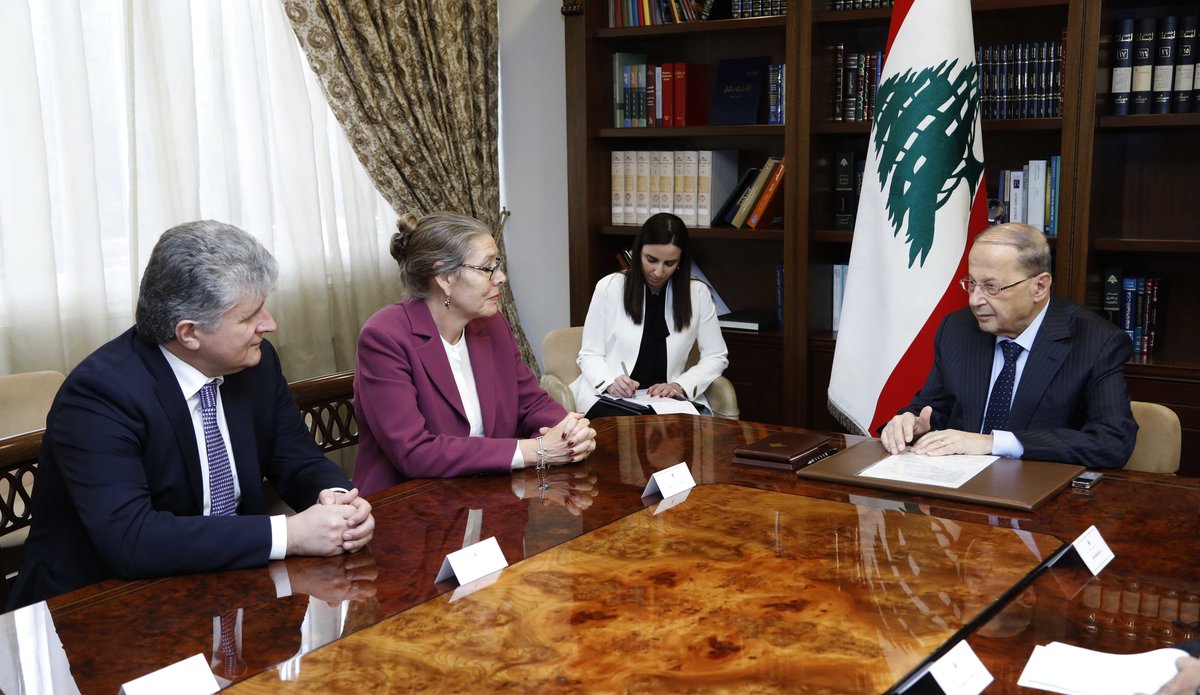United Nations Assistant Secretary-General for Political Affairs Miroslav Jenča completes visit to Lebanon
United Nations Assistant Secretary-General for Political Affairs, Mr. Miroslav Jenča, visited Lebanon from 25 to 26 January 2018. He met with President Michel Aoun, Speaker Nabih Berri, Minister of Interior Nouhad Machnouk and Lebanese Armed Forces Commander General Joseph Aoun. He also met with members of parliament, representatives of civil society and the diplomatic community, and visited the United Nations Interim Force in Lebanon (UNIFIL) and Blue Line.
Mr Jenča welcomed ongoing preparations for the parliamentary elections, scheduled for 6 May. He stressed the importance of conducting credible and inclusive elections, with stronger participation of women in the political decision-making process. He confirmed the continued commitment of the United Nations to support the work of Lebanese authorities in voter education, elections management and women’s empowerment.
In expressing appreciation for Lebanon’s great generosity in hosting Syrian and Palestinian refugees, Mr. Jenča assured partners of the continued support of the United Nations to Lebanon and Lebanese host communities as well as to refugees. In this connection, national and international partners underscored their expectation that the upcoming international conferences to be staged in Rome, in support of the security sector, in Paris on economic investment and reform, and in Brussels on the Syrian refugee regional response, will deliver tangible results in support of the efforts of Lebanon.
In his meetings, Mr. Jenča reaffirmed the steadfast commitment of the United Nations to Lebanon’s security, stability and sovereignty. He stressed the importance of safeguarding Lebanon’s stability in a tumultuous region, including through the strengthening of institutions and the policy of disassociation, recognizing the country as a beacon of tolerance and coexistence.
New York, 26 January 2018
 UN
UN





